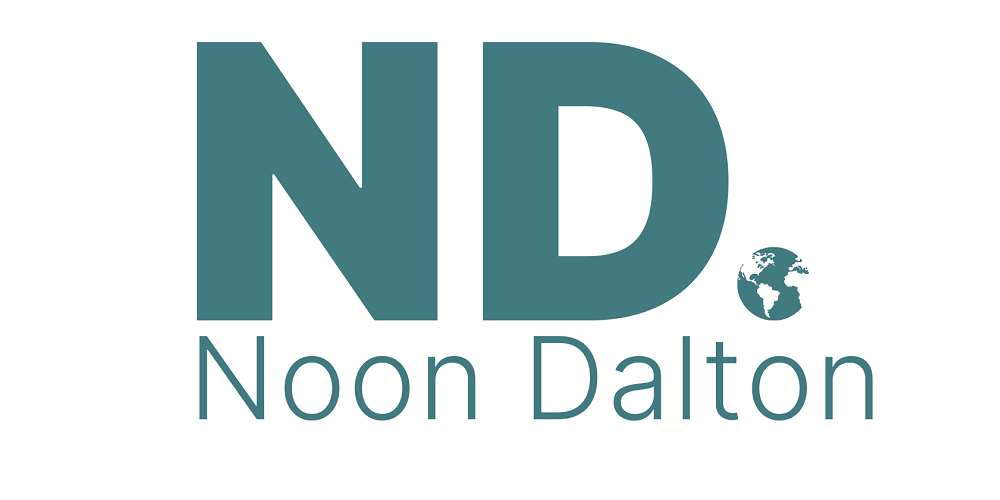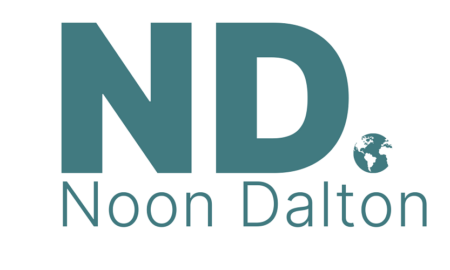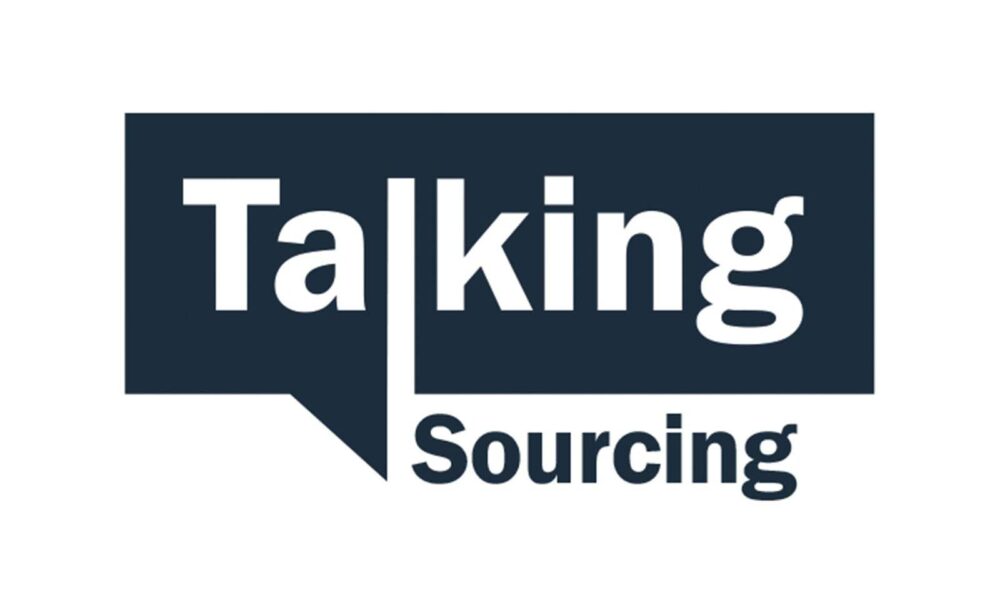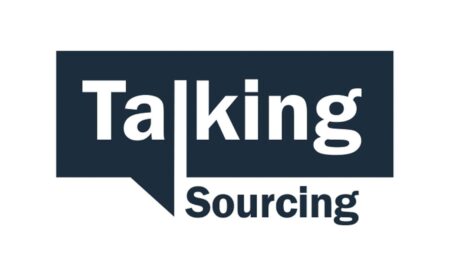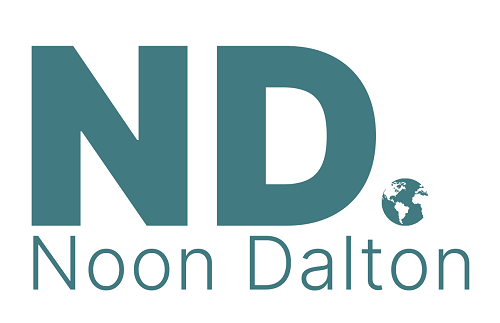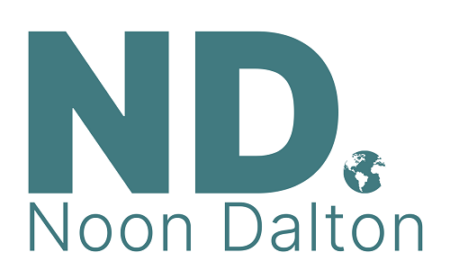In today’s competitive employment market and amid the so-called Great Resignation, maintaining employee satisfaction, engagement and retention has become a top priority for BPOs serving customers in all industries—but it’s especially critical for those that provide contact center services.
Demand for BPOs that provide contact center services is surging. In contrast to a lot of other industry segments, attrition in the contact center has stayed flat at around 42% annually. But the Great Resignation—and the sheer number of companies competing for available workers amid ever-increasing employee expectations and the ability to work from anywhere—has made it harder than ever to replace the employees who do leave. As a result, many contact centers are relying more heavily than ever on outsourced staff augmentation companies, which only increases the pressure on BPOs to retain their own existing employees.
In this environment, employee engagement has become a business-critical initiative. Highly engaged employees are more likely to stay with their organization, reducing overall turnover and the costs associated with it (about $17,000 to recruit and onboard the typical agent and even more in highly technical industries). Engaged employees are also associated with high levels of customer satisfaction, which means that employee engagement can also be a determining factor in the BPO’s ability to meet service-level agreements.
And, with customer expectations for service evolving faster than ever, an increasing number of BPOs are turning to intelligent automation to engage the customer service teams that are so critical to meeting KPIs and delivering happy clients. From automated staffing optimization to flexible scheduling tools and more, here’s what you need to know about keeping your customer service agents committed to and connected to their work.
Agents are happier when schedules are created with their wants and needs in mind
Employees today increasingly expect input into where they work and when—whether it’s a night owl who prefers the night shift or a working parent looking for split shifts to accommodate the school run or flexibility to deal with last-minute hiccups in childcare. Intelligent automation allows you to empower employees to set their availability and preferences—and then consider them when creating schedules within your workforce management solution.
Automated staffing optimization can reduce the stress on agents
When agents are stressed and overworked, they’re much more likely to leave. That’s why an increasing number of contact centers are turning to workforce management solutions that leverage intelligent automation to continually monitor and update net staffing levels—and in turn, reduce the burden on overburdened agents who feel the stress when surges in customer demand put pressure on the contact center. Intelligent automation automatically takes action to adjust schedules when predetermined staffing thresholds are triggered.
And, importantly, intelligent automation can leverage robust rules to determine agents who are interested, relevant and eligible before reaching out with schedule change opportunities, whether it be for extra hours or unexpected time off—meaning an available shift is in line not only with when the agent says they are open to working but also with the skill set that agent has. These automated processes continue until conditions are resolved and the contact center is staffed appropriately.
Employees need flexible options and tools for quick changes
Life happens; it’s inevitable that agents will need to make last-minute changes to their schedules to accommodate a doctor’s appointment, disruptive home repairs or even a sudden desire to make some extra cash to cover an unplanned expense. Self-service scheduling flexibility boosts agent engagement by putting them in the driver’s seat of their work-life balance. Intelligent automation enables BPO contact centers to engage agents with the ability to view their schedule anywhere, anytime and instantly modify schedules 24/7. Features like pre-approved self-swap, pre-approved extra hours, schedule trades and/or time off as well as adaptive lunches and breaks give agents control of their schedules. Consider offering more flexible schedule options, such as split shifts and shorter intervals that both satisfy employees’ desire for greater control over their work-life balance and also meet the BPO’s need to optimize staffing levels.
Digital channels require digital skills
Not everyone is a good writer, making a day spent handling email an exercise in frustration. Some agents are happy bouncing between two or three chat windows simultaneously, while others want to pull out their hair when even the lowest level of task-switching is required. Intelligent automation that takes skills and abilities into account can ensure that agents are working the kind of interactions to which they are best suited, increasing their satisfaction with their jobs while delivering a better result for the end customer.
It’s a tough job market out there, and BPOs are increasingly competing against companies in all industries and all locations for the employees they need to meet agreed-upon service levels. In this environment, accurate workforce management is table stakes. Today’s leaders need to deliver more than accurate schedules to keep the contact center agents they rely on happy and engaged in their jobs, and intelligent automation can deliver what agents want and need in today’s increasingly flexible, agile and digital contact center.




